New Zealand’s Online Gambling Regulation
New Zealand has taken a significant step towards regulating its online gambling sector by introducing a new bill to Parliament. The Online Casino Gambling Bill, presented by Minister of Internal Affairs Brooke van Velden, aims to establish a comprehensive licensing regime for online casinos.
Current State of Online Gambling in New Zealand
Currently, New Zealanders can access offshore casino platforms without any regulations. This has led to a grey market with no consumer safeguards and no tax revenue for the country. The new bill aims to address this issue by introducing a regulatory system that prioritizes harm minimization, consumer protection, and tax collection.
Key Provisions of the Bill
The bill outlines a structured three-step licensing procedure, starting with an invitation for expressions of interest, followed by a competitive process, and finally, formal applications. The Secretary for Internal Affairs will oversee this process and may grant up to 15 online casino licenses. Each license will be valid for three years with a one-time renewal option for up to five more years.
Licensing Requirements
To qualify for a license, applicants must submit extensive documentation, including tailored business plans, and demonstrate robust harm minimization protocols. Successful licensees will be permitted to advertise their services within New Zealand, although advertising will be limited by yet-to-be-finalized regulations.
Penalties for Non-Compliance
Operators that fail to comply with the regulations or offer services without a license may face significant penalties. Unlicensed providers can be fined up to NZ$5 million, while individuals or corporations breaching compliance rules may face civil penalties of up to NZ$300,000 and NZ$5 million, respectively.
Transition Period and Oversight
A transition period will allow currently operating platforms to continue until the end of 2026, provided they apply for licensing by July 1, 2026. The Department of Internal Affairs will maintain full regulatory authority, including licensing, oversight, enforcement, and the publication of a public operator registry.
Consumer Protection
Operators must meet consumer protection obligations such as strict age verification, exclusion of problem gamblers, a complaints system, and visible registration icons and audio cues on their sites. The bill also prevents licensees from offering products that closely resemble existing national lottery games.
Broader Gambling Law Reform
The Online Casino Gambling Bill complements recent changes to the Racing Industry Act 2020, which reinforce the exclusive rights of TAB New Zealand to offer online racing and sports betting. These broader reforms aim to retain gambling revenue within New Zealand and ensure that funds contribute to local racing and harm prevention programs.
Conclusion
The introduction of the Online Casino Gambling Bill marks a significant step towards regulating New Zealand’s online gambling sector. The bill’s focus on harm minimization, consumer protection, and tax collection aims to create a safer and more responsible gaming environment for New Zealanders. As the bill proceeds to the select committee stage, the public will have the opportunity to provide feedback on the proposal, shaping the future of online gambling in New Zealand.



